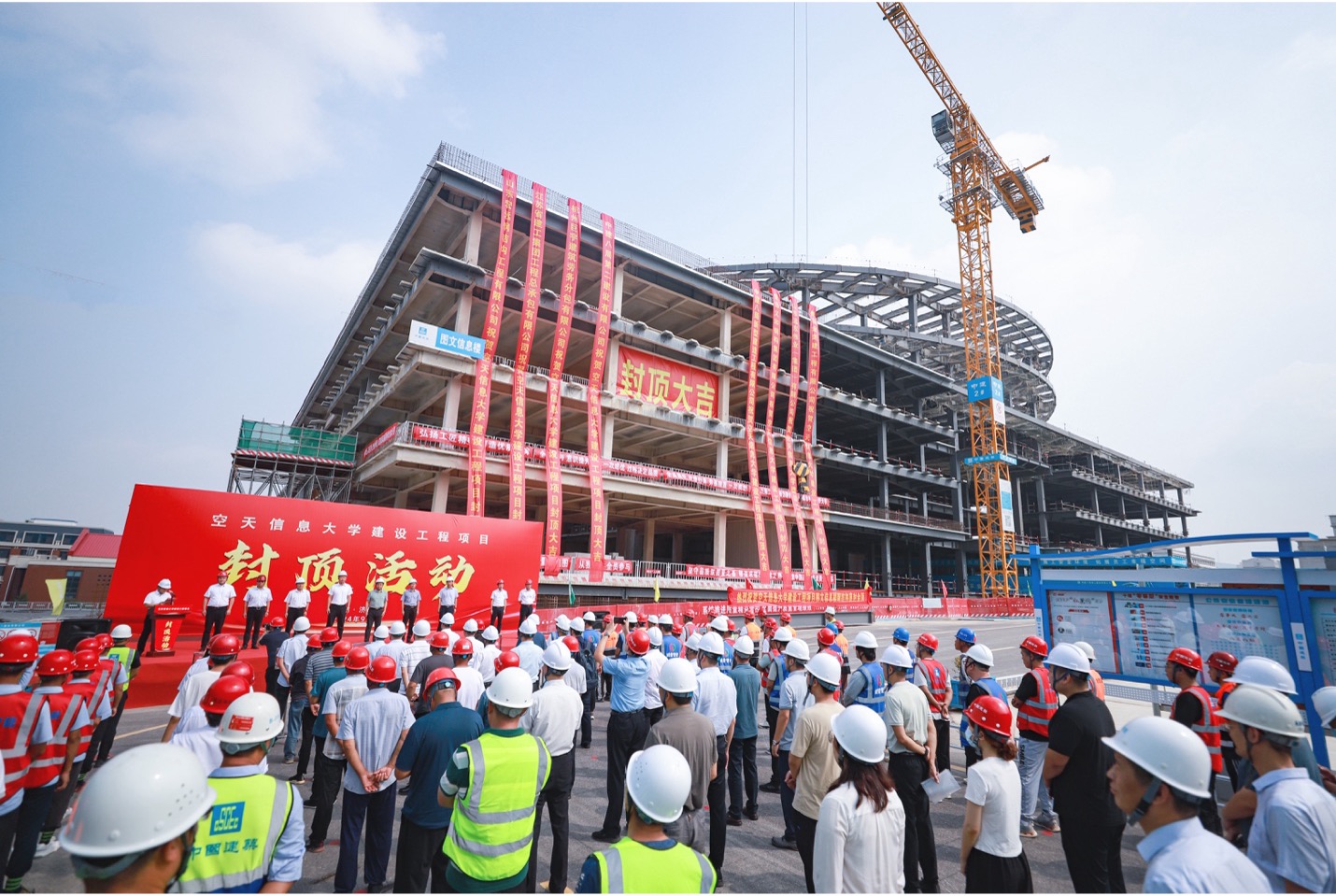RUSSIAN DIPLOMAT WINS REPRIEVE ON SPYING CHARGE.
RUSSIAN DIPLOMAT WINS REPRIEVE ON SPYING CHARGE.
In a case with possible implications for both Russia’s human rights record and its relations with South Korea, the Russian Supreme Court this week overturned the conviction of a former Russian diplomat on charges of spying for Seoul. In a decision rendered on July 25, the appellate board of the Supreme Court ordered that Valentin Moiseev receive a new trial at the same Moscow court which had handed down his conviction last December–but with different judges presiding this time around. Sources involved in Moiseev’s legal defense suggested that the Supreme Court had found fault both with the methods used by Russia’s Federal Security Service (FSB) in investigating Moiseev and with the reading of the law as it was applied to the case by the Moscow court. Moiseev, who will remain imprisoned while awaiting retrial, was reportedly disappointed that the charges against him were not dropped entirely. Human rights activists, however, suggested that the court decision was nevertheless a victory for Moiseev and a defeat for the FSB.
The circumstances surrounding Moiseev’s arrest and ultimate conviction are unusual and involve Russia’s relations with South Korea. At the time of his arrest, Moiseev was serving as deputy chief of the Russian Foreign Ministry’s first Asia section, a senior position which also made him a frequent and visible spokesman for the ministry on issues related to Russia’s diplomatic policies in Asia. Earlier in his career, Moiseev had worked as a newspaper correspondent in North Korea, a posting which at least suggests that he may have had some relationship with Russia’s foreign intelligence service. There were some rumors to that effect circulated after Moiseev’s arrest, but they were denied by official sources. Moiseev also served in a diplomatic post in Seoul from 1992-1994. It was at that time, according to the FSB, that he was recruited by South Korean intelligence.
The arrest of so senior a diplomat in July of 1998 was something of a shock, as were the developments which unfolded in relation to the Moiseev case. The FSB also arrest Cho-Sung Woo–identified at the time as a councilor at the South Korean Embassy in Moscow–on allegations of having received secret information from Moiseev. He was promptly expelled from Russia. Although it was later revealed that Cho did indeed have connections to South Korean intelligence, Seoul reacted furiously to the expulsion and soon thereafter ordered a Russian diplomat out of South Korea. The tit-for-tat expulsions ignited a major diplomatic and intelligence row between Russia and South Korea, one which, ultimately, appeared to be resolved in Moscow’s favor. Indeed, by the time the spy scandal was over, five more South Korean diplomats had been withdrawn from Russia and then South Korean Foreign Minister Park Chung-soo was out of a job for his alleged mishandling of the affair. Amity was restored to relations between Moscow and Seoul only after a number of diplomatic meetings and the venting of considerable acrimony by both sides.
If sources around Moiseev are to be believed, the evidence the FSB used to convict him was exceedingly thin. According to one Russian news source, Moiseev’s twelve-year prison sentence rested on a confession that he now contests as the result of “psychological pressure” exerted by FSB investigators, a bad copy of an undated and unsigned document in Korean which does not even mention him by name, and a lecture he once read in public. In short, those around Moiseev say that he did indeed meet regularly with the South Korean diplomat Cho, but that the meetings were part of his job and no different from contacts he had with other South Korean diplomats. They suggest that the FSB case against Moiseev is full of holes and that investigators may have tampered with evidence seized at their client’s apartment. The last assertion pertains to more than US$4,000 allegedly found at the apartment–a portion of what the FSB says was over US$14,000 paid to Moiseev over the years by the South Korean government.
It is perhaps no surprise that Moiseev’s supporters are also claiming that the former Russian diplomat has been victimized by the FSB in much the same way that nuclear researchers Aleksandr Nikitin and Grigory Pasko were. Each of those men was arrested on espionage charges trumped up by the FSB. The two were eventually exonerated, but only after surviving several years in prison as their cases worked their way slowly through the Russian court system. Indeed, the cases of Nikitin and Pasko, and of Igor Sutyagin as well (see the Monitor, July 7), all appear to reflect an ominous move by a resurgent FSB over the past few years to crack down on domestic security experts who maintain strong ties to the West. Whether Moiseev also belongs in that category remains unclear. But his wife argued at a news conference last week that Moiseev’s case “should be looked at in light of Putin’s recent statement in the State Duma. He said that every person who has contact with foreigners should be scrutinized.” Putin is himself a former head of the FSB, and his rise to the pinnacle of power in Russia has been accompanied by a broader invasion of government posts by former security agents. Moiseev’s retrial is not expected to begin until September (Reuters, AP, UPI, BBC, Itar-Tass, July 25; The Moscow Times, Izvestia, Russian agencies, July 26).
GUSINSKY ALLOWED TO TRAVEL TO SPAIN.


